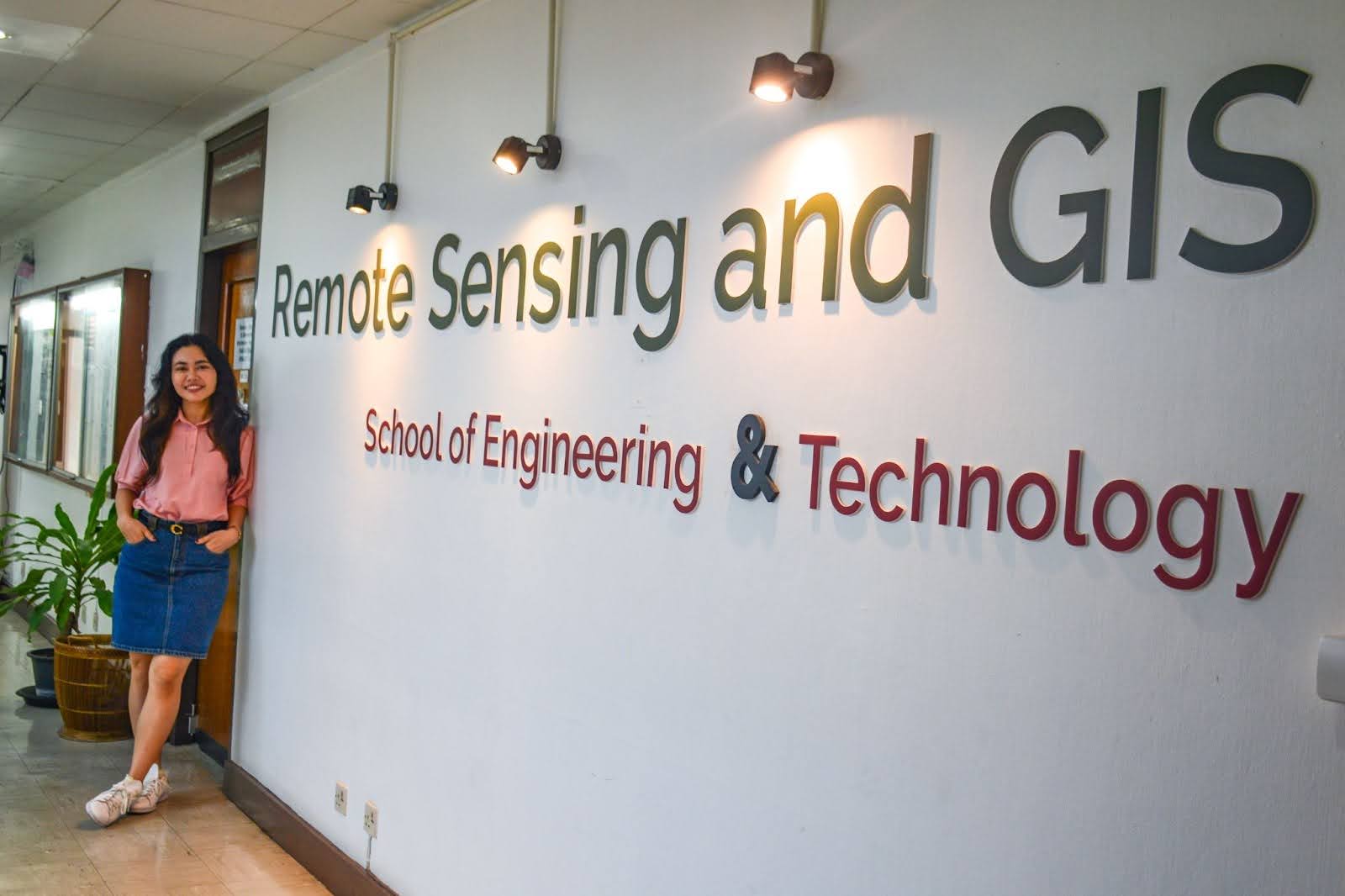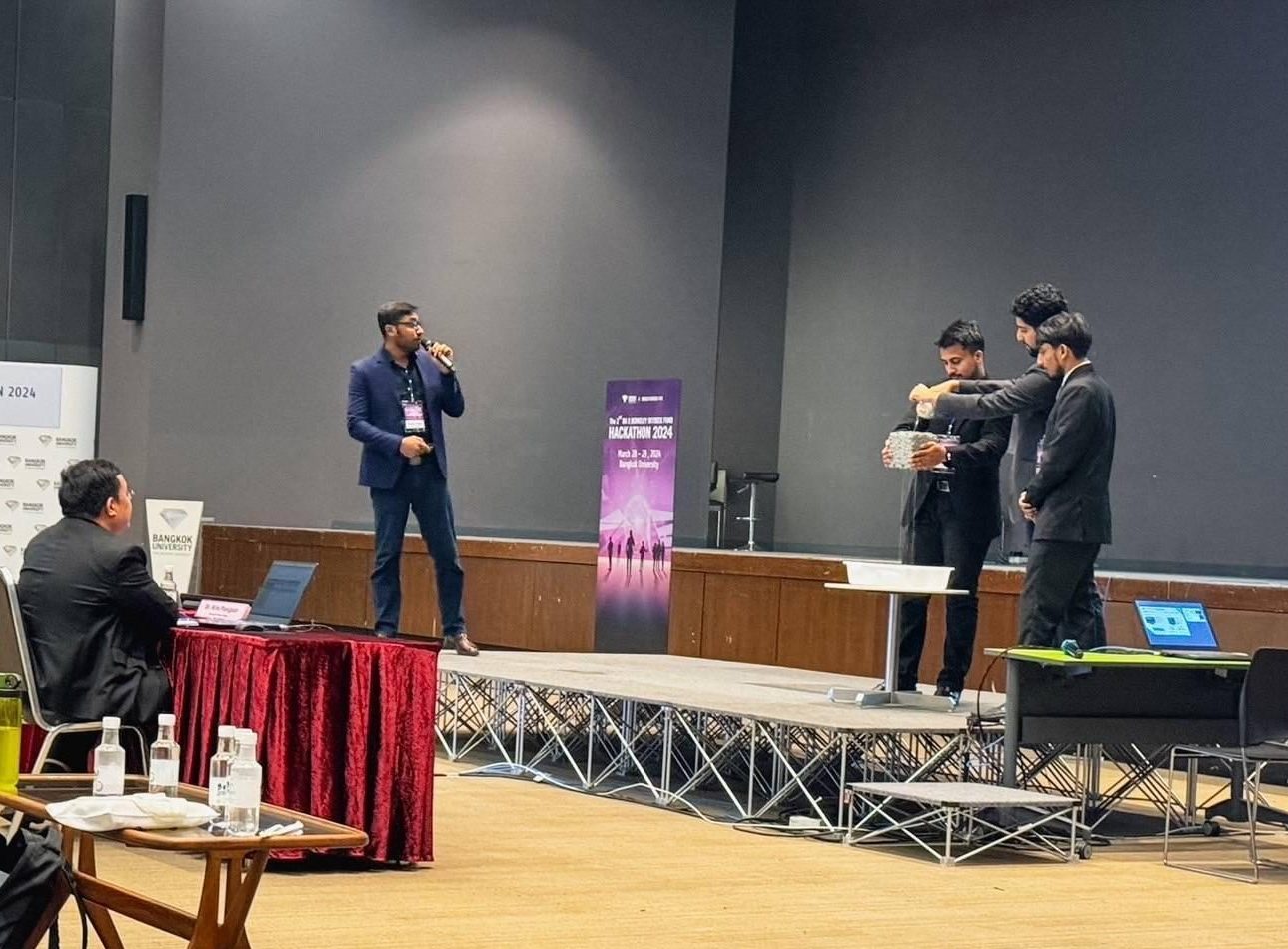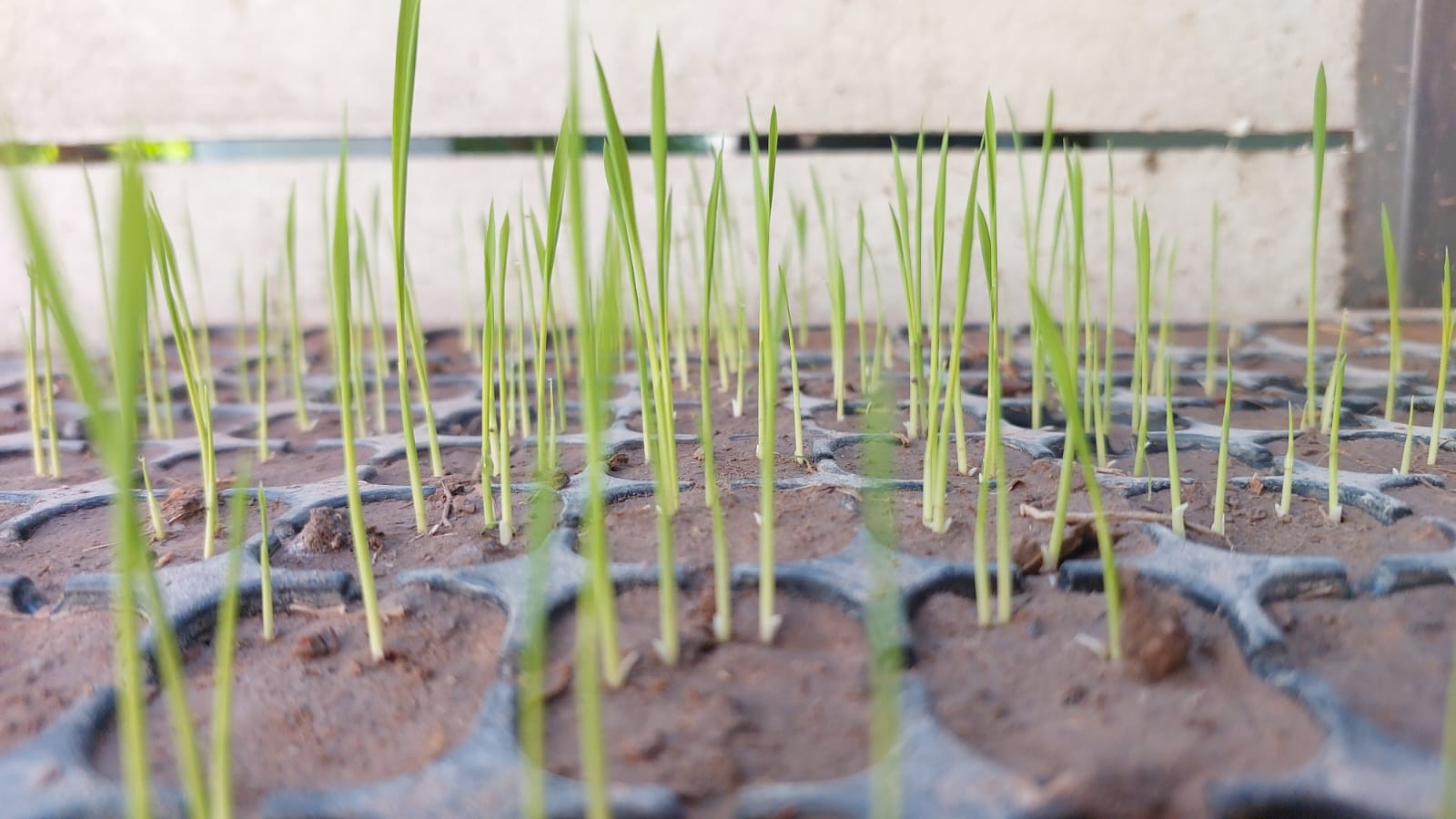By Shawn Kelly
Executive Director of International and Public Affairs, AIT
For over two decades, AIT has worked hand-in-hand with Canada’s International Development Research Centre (IDRC), a Canadian federal Crown corporation that champions and funds research and innovation within and alongside developing regions to drive global change. It supports research on development by actors in the Global South to directly support southern research.
IDRC has provided instrumental support to AIT’s award-winning Gender and Development Studies (GDS) program in shaping the discourse around gender and equality as an Asian region hub of excellence. Today, AIT is one of the key higher education beneficiaries of IDRC in the world.
This was brought home on 23 February 2024 during a visit to AIT by IDRC President Julie Delahanty, who said: “I wish to acknowledge the incredible collaboration between the International Research Development Centre and the Asian Institute of Technology.”

“I wish to acknowledge the incredible collaboration between the International Research Development Centre and the Asian Institute of Technology.” – IDRC President Julie Delahanty
Welcomed by AIT President Kazuo Yamamoto, President Delahanty said the collaboration between IDRC and GDS is grounded in a shared belief that knowledge generation and dissemination can catalyze change, particularly in addressing multi-facetted challenges faced by women in our society.
At a roundtable seminar on IDRC-supported activities at the Asian Institute of Technology, which included IDRC Regional Director Dr. Kapil Kapoor and Senior Program Specialist Dr. Edgard Rodriguez, delegates noted the strides that have been made in gender and development studies, particularly in the context of Asia and the Pacific.
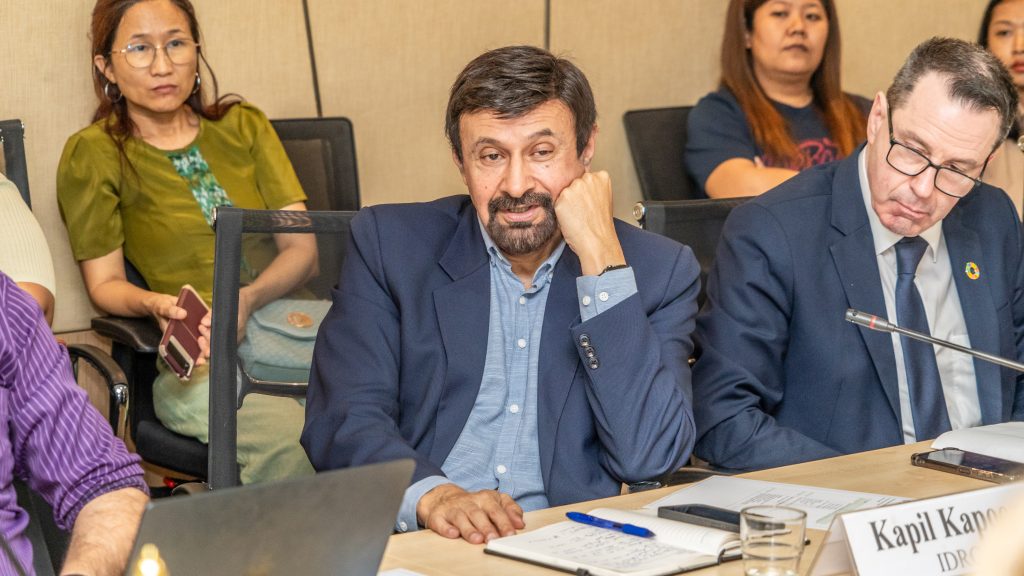
“AIT, with its strategic geographic location, is a key player in addressing the challenges within the region. The outreach to Myanmar and collaboration with students from Cambodia, Laos, Thailand and Vietnam demonstrates AIT’s ability to amplify the impact of their research for development that is creating a ripple effect across all of Asia,” Delahanty said.
The experts affirmed that the relationship is grounded in a shared belief that knowledge generation and dissemination can catalyze change, particularly in addressing multi-faceted challenges faced by women in our society.
“AIT, offering the first recognized degree program in Gender and Development Studies in Asia, has played a very pivotal role in shaping the discourse around gender and equality. It’s a testament to the vision and commitment of the program that despite not having a single gender and development studies course in 1990 – it’s evolved into such a regional hub of excellence,” the IDRC president stated.
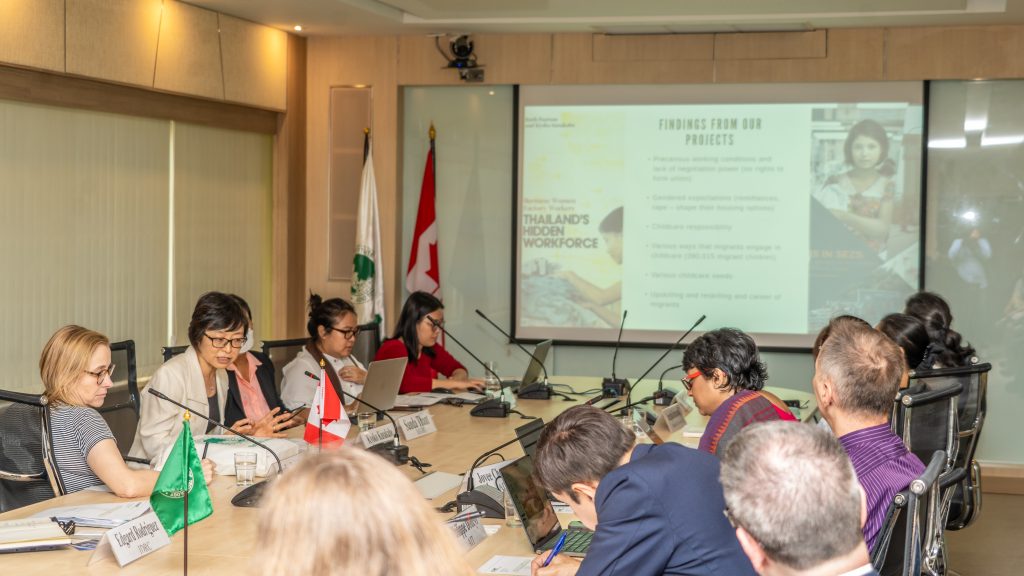
She went on: “The AIT GDS alumni continue to make change wherever they are serving as experts, leaders, advocates in various fields, establishing NGOs to contribute to international organizations – from academia to policy making – the alumni network is a testament to the program’s success in fostering change across Asia.”
AIT President Yamamoto added: “The invaluable support of IDRC has enabled colleagues’ research work in the past few years on gender as it relates to migration and political participation.”
Significant projects include, ‘Strengthening knowledge, evidence use and leadership in the Global South on forced displacement-focus on South-East Asia,’ which funds the Chair Professorship on Forced Displacement, as well as capacity building projects, including the training of faculty members in Myanmar – and another project titled ‘Toward gender and democratic justice: Support for capacity development of civil society and academia in Myanmar,’ he explained.

In May 2023, former Canadian Ambassador Dr. Sarah Taylor addressed the Bangkok launch of the IDRC-funded AIT Center on Gender and Forced Displacement (CGFD) and affiliated Chair Professor on Gender and Forced Displacement.
“AIT is extremely pleased to partner with the Government of Canada and to play a role in the IDRC global initiative to strengthen knowledge, evidence-based application and leadership in the Global South on the entire forced displacement issue, President Yamamoto commented.
Led by IDRC Chair Professor Prof. Paula Banerjee, the CGFD signifies AIT’s commitment to tackling the gender aspects of forced displacement in the Asian region. Delahanty called the new centre a bold step in addressing the pressing issues of global displacement, whether they are caused by war, conflict or by climate change.
“Today we also acknowledge the pressing issue of forced displacement in the region, particularly the case of Myanmar women, who have experienced one of the worst cases of displacement in Asia,” she said.
All of this led to the highly anticipated two-day AIT International Conference on “Gender, Geopolitics, and Forced Migration” organized by the CGFD and supported by IDRC. It marked International Women’s Month 2024 and aimed to forge gender equality by arguing for a gender-sensitive approach to geopolitics in international relations, foreign policy making, and national politics.
“We eagerly anticipate insights into the state of forced displacement and strategies and solutions to cope and overcome this crisis,” Delahanty said.




